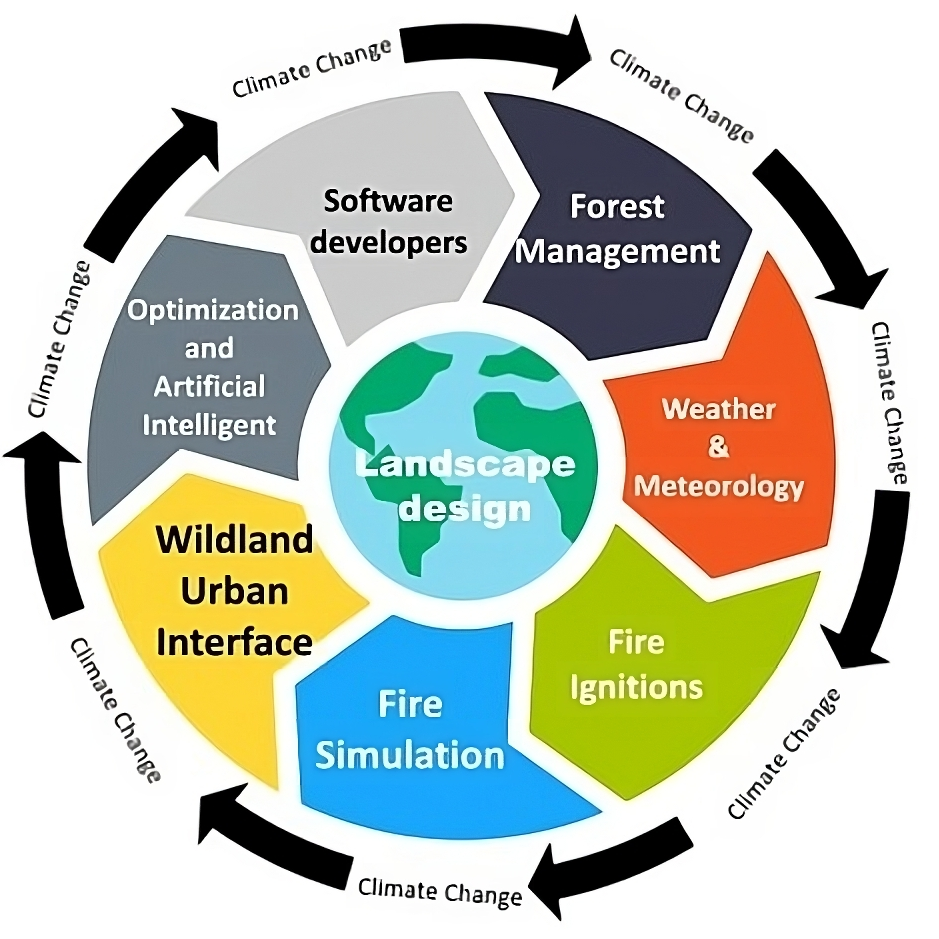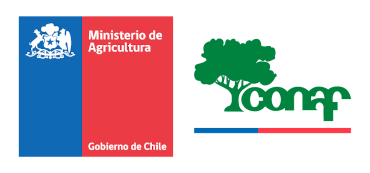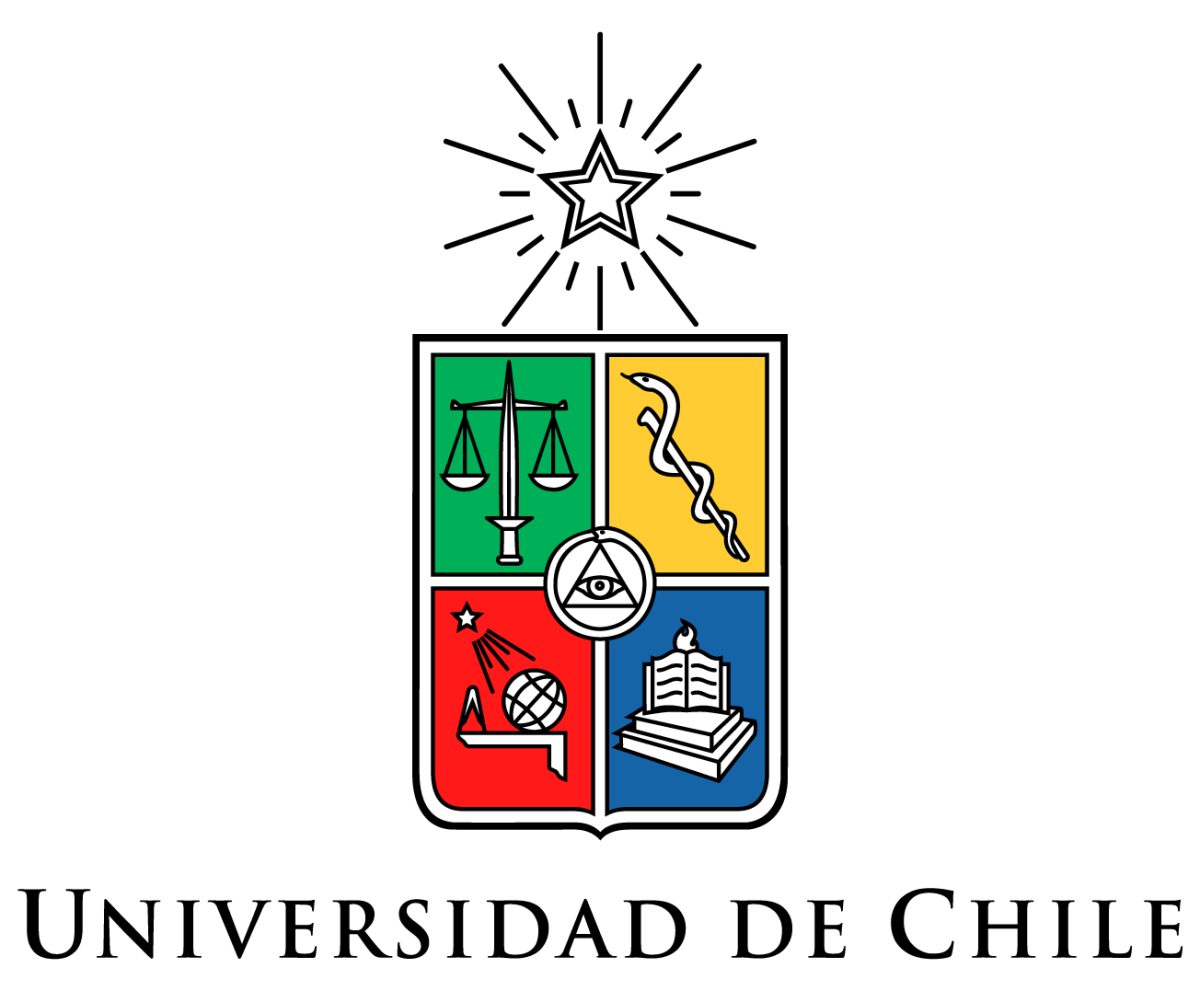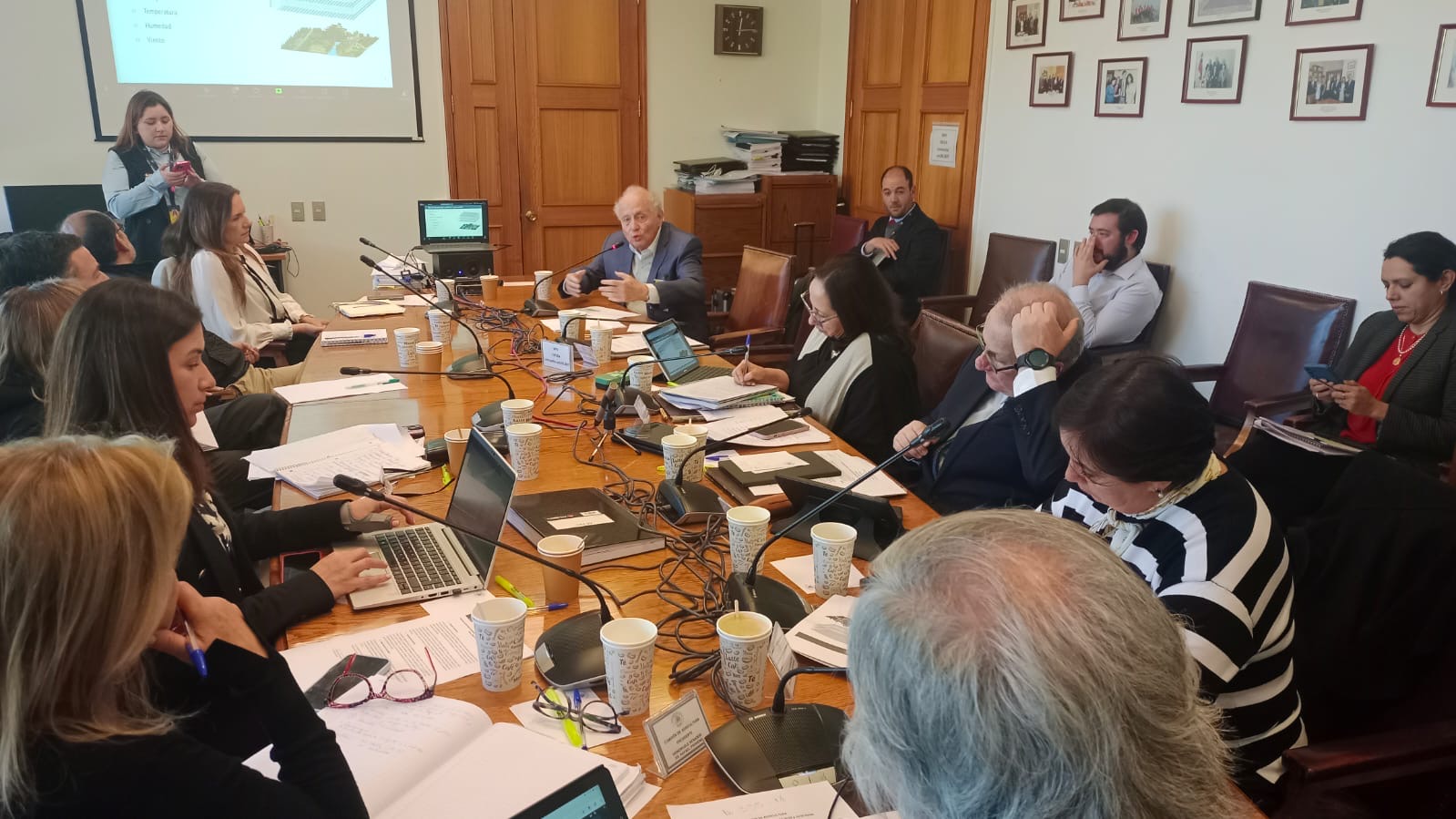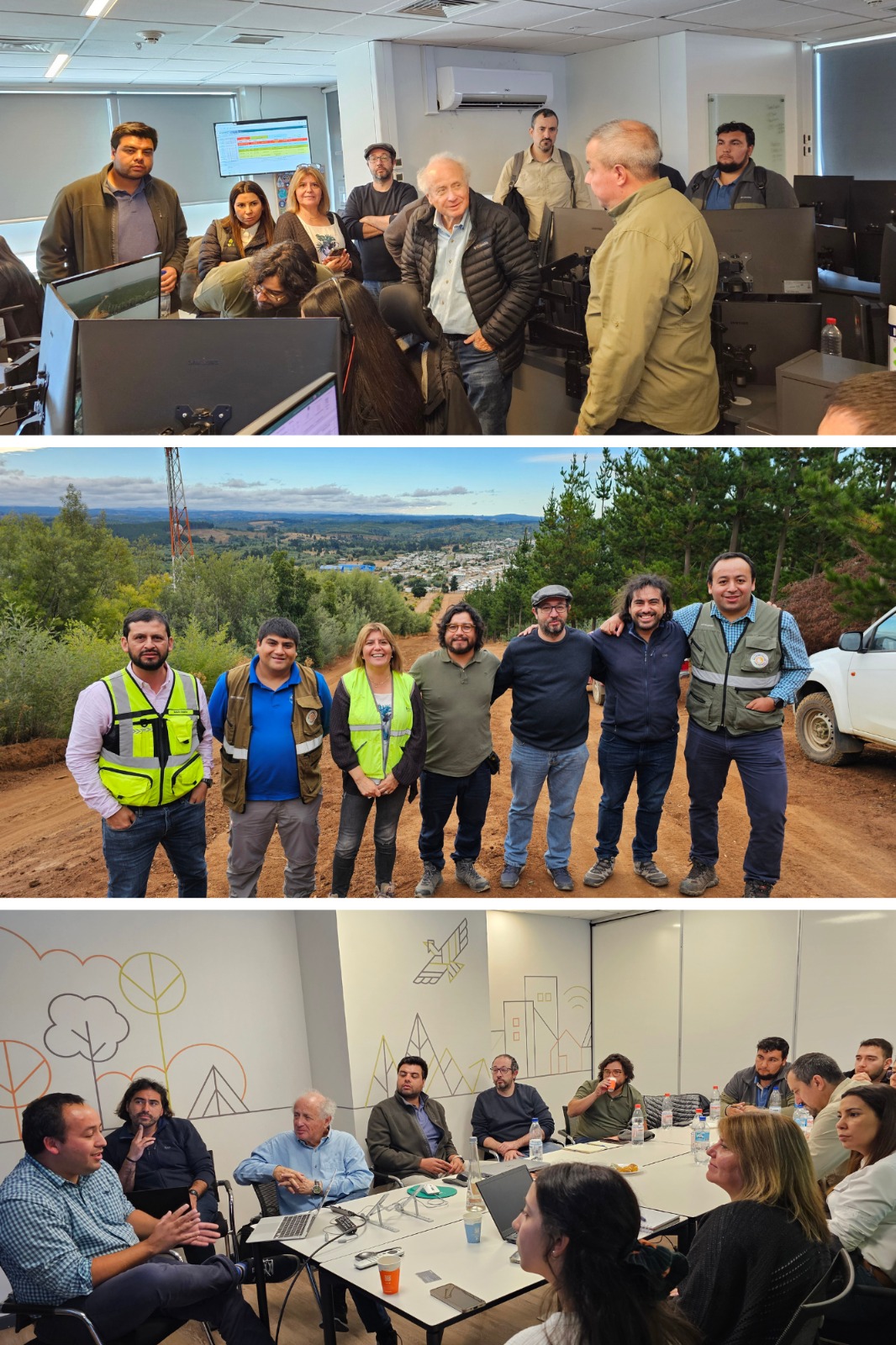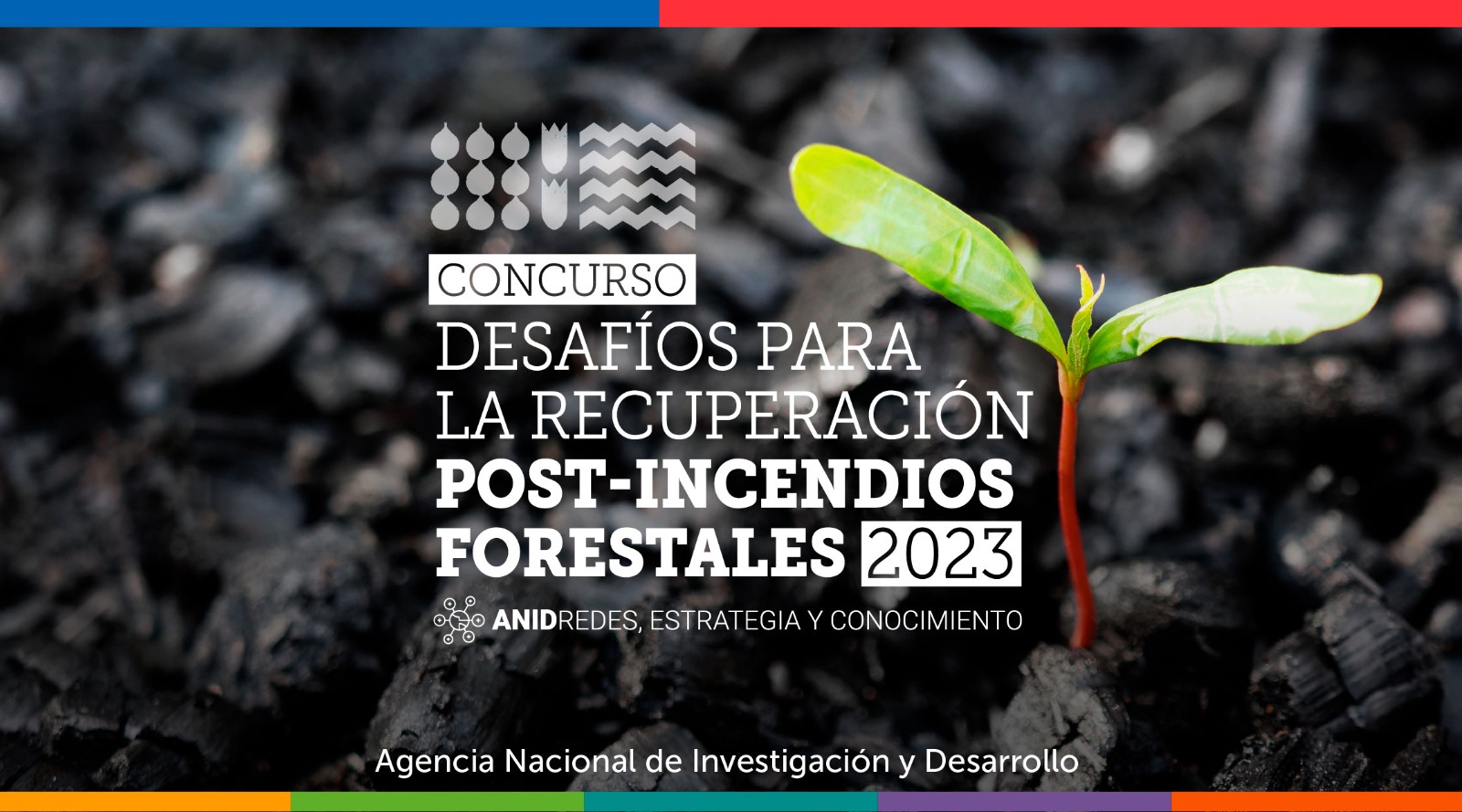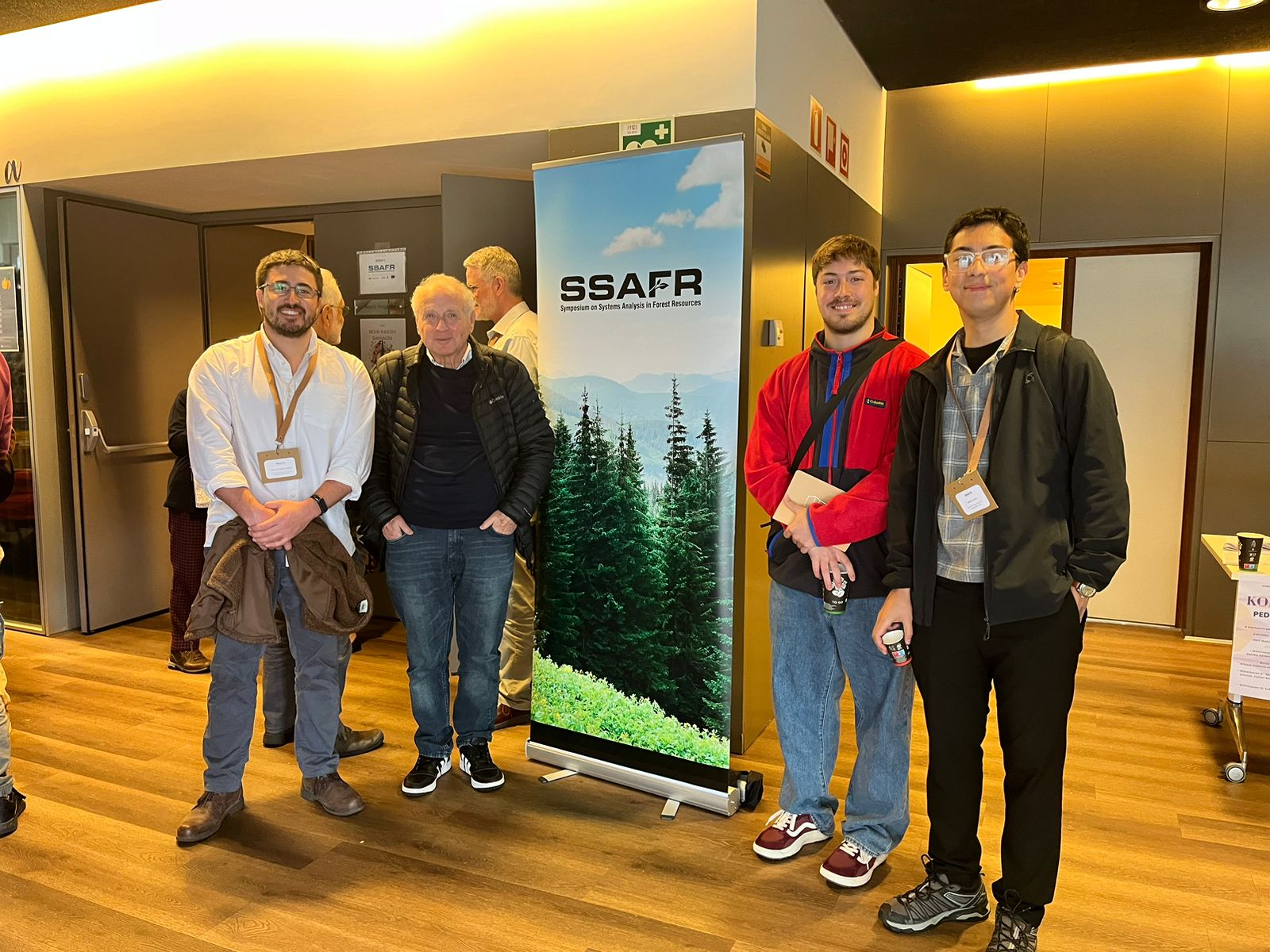
Fire Management & Advanced Analytics Center
Among the various causes of wildfires, ignition often results from failures in electrical lines. Conversely, wildfires inflict numerous types of damage, including harm to electrical lines, which can sometimes lead to power outages.

Fire Management & Advanced Analytics Center
Global warming has expanded the environmental niche of wildfires, turning these events into what is known in ecology as an 'invasive species' in some landscapes.

Fire Management & Advanced Analytics Center
Wildfires have burned vast areas and destroyed significant forest resources, making the inclusion of fire risk in forest planning shift from a best practice to an underlying necessity.
